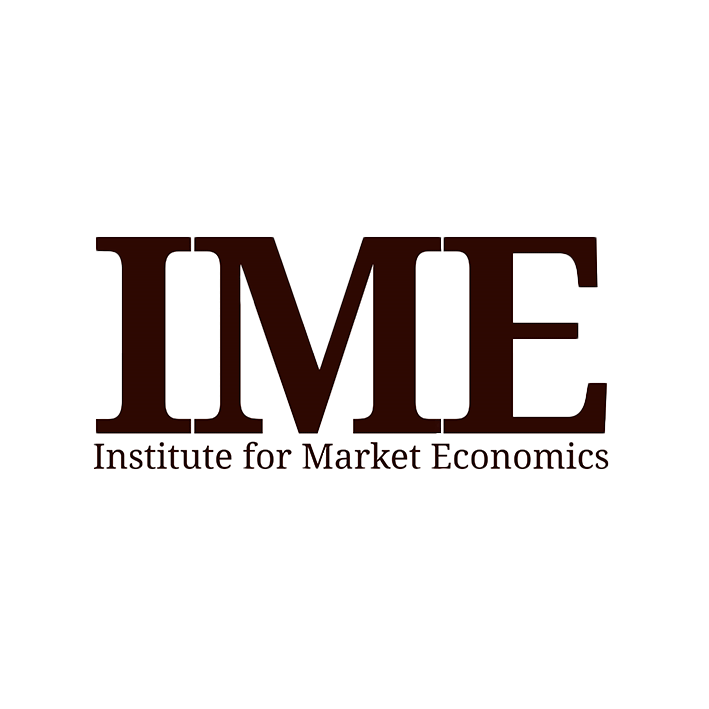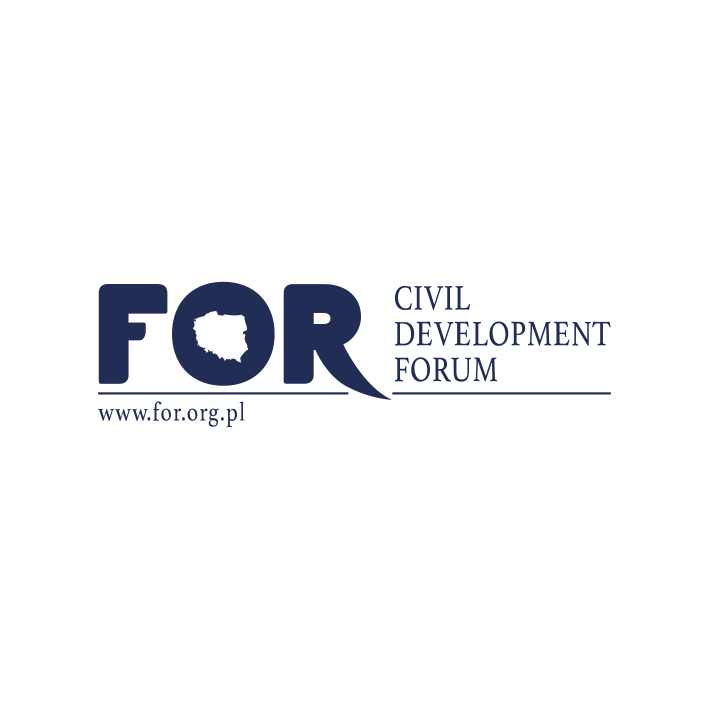Portugal remains in the bottom half of the Nanny State Index, and there is little to report since the last edition was published in 2021.
Since 2017, Portugal has had a slightly complicated four-tier system of sugary beverage taxation ranging from €0.01 per litre for drinks with less than 25g of sugar to €0.21 per litre for drinks with more than 80g of sugar. Unlike most of the European countries which tax soft drinks, it exempts zero-sugar products.
Portugal’s tax on e-cigarette fluid was reduced from an outrageous €0.60 per millilitre in January 2017, and it currently stands at a still extortionate €0.30 per millilitre, adding €3.00 to the price of a standard bottle. This was the highest rate in Europe until Denmark introduced a €0.40/ml tax in 2022. Cross-border sales are banned, and vaping is banned wherever smoking is banned.
Portugal’s smoking ban has been gradually tightened over the years, but it is still liberal when compared to the likes of Britain. Smoking in cafes, restaurants, bars, and nightclubs is generally banned, but the owner may choose to provide a smoking room so long as it is at least 100 sq m in size and separated from the non-smoking area by at least 4 sq m. Smoking is illegal in places where children congregate, including outdoor spaces such as playgrounds. Smokers who flout the law can be fined up to €750, and establishments that permit illegal smoking can be fined up to €250,000.
Tobacco duty is average by southern European standards. Tobacco can only be promoted at the point of sale, but there is no display ban, no vending machine ban, and no plain packaging mandate.
Alcohol can be sold in shops between 8 AM and midnight, and there are no national restrictions on opening hours in bars and restaurants, although there has been a tendency towards greater regulation in some municipalities. Taxes on beer and spirits are about average for an EU member state, and there is no wine duty. Alcohol can only be advertised on TV and radio after 10.30 PM, and sponsorship is heavily restricted.
With thanks to Instituto +Liberdade
About
The Nanny State Index (NSI) is a league table of the worst places in Europe to eat, drink, smoke and vape. The initiative was launched in March 2016 and was a media hit right across Europe. It is masterminded and led by IEA’s Christopher Snowdon with partners from all over Europe.
Enquiries: info@epicenternetwork.eu
Download Publication
Previous versions: 2021, 2019, 2017
Categories
About the Editor
Christopher Snowdon is the head of Lifestyle Economics at the Institute of Economic Affairs. His research focuses on lifestyle freedoms, prohibition and policy-based evidence. He is a regular contributor to the Spectator, Telegraph and Spiked and often appears on TV and radio discussing social and economic issues.
Snowdon’s work encompasses a diverse range of topics including ‘sin taxes’, state funding of charities, happiness economics, ‘public health’ regulation, gambling and the black market. Recent publications include ‘Drinking, Fast and Slow’, ‘The Proof of the Pudding: Denmark’s Fat Tax Fiasco’, ‘A Safer Bet’, and ‘You Had One Job’. He is also the author of ‘Killjoys’ (2017), ‘Selfishness, Greed and Capitalism’ (2015), ‘The Art of Suppression’ (2011), ‘The Spirit Level Delusion’ (2010), ‘Velvet Glove, Iron Fist’ (2009).
Portugal 2023
Portugal remains in the bottom half of the Nanny State Index, and there is little to report since the last edition was published in 2021.
Since 2017, Portugal has had a slightly complicated four-tier system of sugary beverage taxation ranging from €0.01 per litre for drinks with less than 25g of sugar to €0.21 per litre for drinks with more than 80g of sugar. Unlike most of the European countries which tax soft drinks, it exempts zero-sugar products.
Portugal’s tax on e-cigarette fluid was reduced from an outrageous €0.60 per millilitre in January 2017, and it currently stands at a still extortionate €0.30 per millilitre, adding €3.00 to the price of a standard bottle. This was the highest rate in Europe until Denmark introduced a €0.40/ml tax in 2022. Cross-border sales are banned, and vaping is banned wherever smoking is banned.
Portugal’s smoking ban has been gradually tightened over the years, but it is still liberal when compared to the likes of Britain. Smoking in cafes, restaurants, bars, and nightclubs is generally banned, but the owner may choose to provide a smoking room so long as it is at least 100 sq m in size and separated from the non-smoking area by at least 4 sq m. Smoking is illegal in places where children congregate, including outdoor spaces such as playgrounds. Smokers who flout the law can be fined up to €750, and establishments that permit illegal smoking can be fined up to €250,000.
Tobacco duty is average by southern European standards. Tobacco can only be promoted at the point of sale, but there is no display ban, no vending machine ban, and no plain packaging mandate.
Alcohol can be sold in shops between 8 AM and midnight, and there are no national restrictions on opening hours in bars and restaurants, although there has been a tendency towards greater regulation in some municipalities. Taxes on beer and spirits are about average for an EU member state, and there is no wine duty. Alcohol can only be advertised on TV and radio after 10.30 PM, and sponsorship is heavily restricted.
With thanks to Instituto +Liberdade
 Austria
Austria Belgium
Belgium Bulgaria
Bulgaria Croatia
Croatia Cyprus
Cyprus Czech Republic
Czech Republic Denmark
Denmark Estonia
Estonia Finland
Finland France
France Germany
Germany Greece
Greece Hungary
Hungary Ireland
Ireland Italy
Italy Latvia
Latvia Lithuania
Lithuania Luxembourg
Luxembourg Malta
Malta Netherlands
Netherlands Norway
Norway Poland
Poland Portugal
Portugal Romania
Romania Slovakia
Slovakia Slovenia
Slovenia Spain
Spain Sweden
Sweden Turkey
Turkey United Kingdom
United Kingdom


















